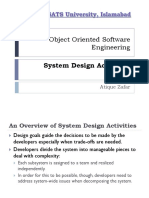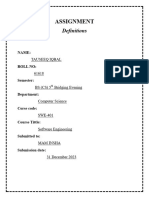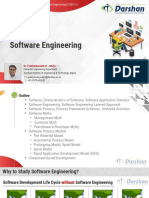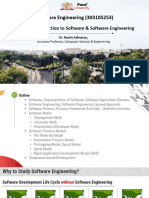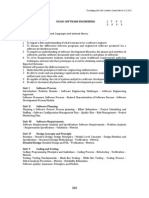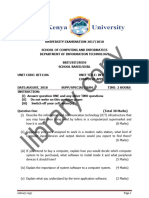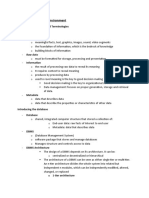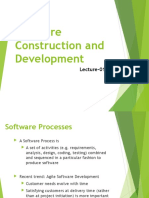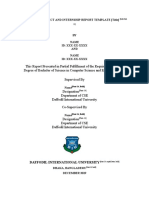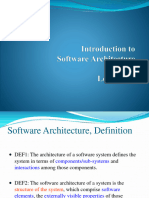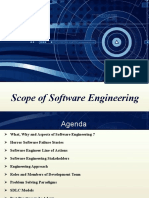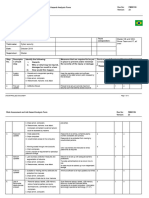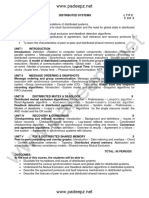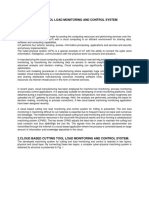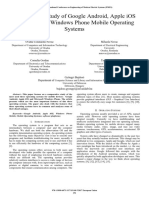0% found this document useful (0 votes)
121 views23 pagesIntroduction To Software Engineering
The document introduces software engineering by discussing past failures that led to its development. It defines software engineering as a modeling, problem-solving, knowledge acquisition, and rationale-driven activity. The document also outlines key concepts in software engineering like participants, systems, work products, and activities. It then describes the typical development activities of requirement elicitation, analysis, system design, object design, and implementation. Finally, it discusses management aspects like communication, testing, and following a software life cycle model.
Uploaded by
Sheldon CalinayaCopyright
© © All Rights Reserved
We take content rights seriously. If you suspect this is your content, claim it here.
Available Formats
Download as PPTX, PDF, TXT or read online on Scribd
0% found this document useful (0 votes)
121 views23 pagesIntroduction To Software Engineering
The document introduces software engineering by discussing past failures that led to its development. It defines software engineering as a modeling, problem-solving, knowledge acquisition, and rationale-driven activity. The document also outlines key concepts in software engineering like participants, systems, work products, and activities. It then describes the typical development activities of requirement elicitation, analysis, system design, object design, and implementation. Finally, it discusses management aspects like communication, testing, and following a software life cycle model.
Uploaded by
Sheldon CalinayaCopyright
© © All Rights Reserved
We take content rights seriously. If you suspect this is your content, claim it here.
Available Formats
Download as PPTX, PDF, TXT or read online on Scribd
/ 23







